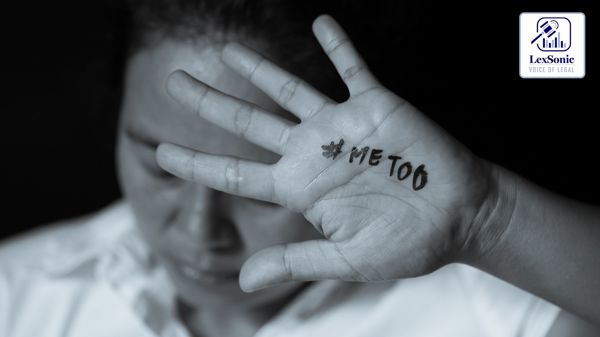Indian Supreme Court Prioritizes Victim Welfare and Family Unit in POCSO Case, Suspends Accused's Sentence.
23 May 2025
Sexual Assault >> Workplace/ Professional Related
The case centered on a victim who was 14 years old at the time of the incident in May 2018. She had left her home with the accused, and a female child was subsequently born, of whom the accused was the biological father. The Special Judge under the POCSO Act had convicted the accused for offenses including Section 6 of the POCSO Act (rigorous imprisonment for twenty years and a fine of Rs. 10,000/-) and Sections 363 and 366 of the Indian Penal Code (IPC). The Calcutta High Court, however, had set aside this conviction.

In a previous judgment on August 20, 2024, the Supreme Court restored the Special Court's conviction of the accused for offenses under Section 376(2)(n), 376(3) of the IPC, and Section 6 of the POCSO Act, while confirming his acquittal for Sections 363 and 366 of the IPC. The sentencing was postponed to allow for a comprehensive assessment of the victim's situation.
The Supreme Court highlighted the systemic failure of the State and society to protect the victim, which resulted in her well-being becoming intertwined with that of the accused. The victim's parents had abandoned her, leaving her no option but to seek shelter with the accused. The Court noted that she did not receive any support from her parents or the State machinery when she needed it most.
The final report concluded that while the incident was legally a crime, the victim herself did not perceive it as causing trauma; instead, the subsequent legal battle, police interactions, and financial burden took a heavy toll on her. The committee recommended that the family unit remain intact, with the accused participating in the child's upbringing, and urged for financial, legal, and educational support for the victim and her child.
While acknowledging the statutory minimum punishment, the Court stated, "true justice lies in not sentencing the accused to undergo imprisonment" in this particular and exceptional case. The Court explicitly stated that this case should not serve as a precedent.
- To act as a true guardian of the victim and her child.
- To provide improved shelter for the family within a few months.
- To bear the entire expenditure of the victim's education up to a degree course, and offer vocational training after her 10th standard examination.
- To bear the entire expenditure of the child's education up to 10th standard in a good nearby school.
- To endeavor to secure the debts incurred by the victim through NGOs or public-spirited citizens as a one-time measure.
Section 6, Protection of Children from Sexual Offences Act - 2012
Protection of Children from Sexual Offences Act, 2012
Section 363., Indian Penal Code - 1860
Section 366., Indian Penal Code - 1860
Section 376., Indian Penal Code - 1860
